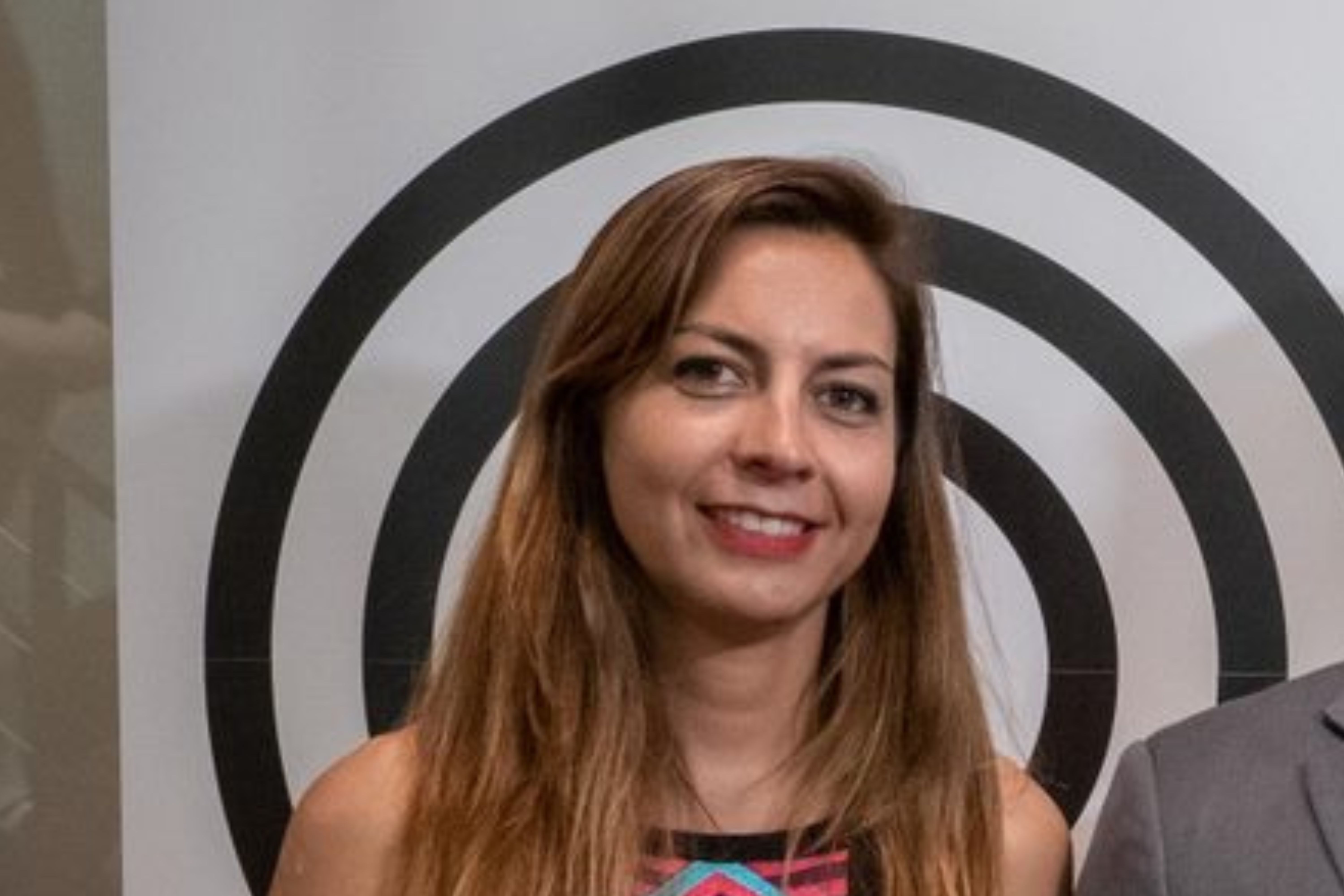
Latest information

Interview with Elena Pérez Canal, marketing director of Aceites Abril
Aceites Abril, based in San Cibrao das Viñas (Ourense) is a family company that has managed to establish itself as one of the giants of the Spanish oil sector. Behind it, six decades of experience faithful to its three fundamental pillars: quality, family tradition and social commitment.
What is the key to Aceites Abril's success? How do you compete with the big established names in the south of Spain from Galicia?
Work, effort and entrepreneurial risk are what characterise Aceites Abril, which was started by our parents in a small factory in the El Puente neighbourhood 60 years ago. It seems very unusual for a Galician company to be dedicated to producing olive oil, but it has its raison d'être. If you don't know the history, it is striking, but what seems like a weakness becomes a strength: we are close to the coast, where the main canneries are located, and also close to important ports that facilitate exports.
From the first bottles of olive oil in the little shop on Calle Mercado to selling your product outside Spain is a big difference. How do you go from a small family business to a brand that is marketed internationally? What made you take the leap?
Going step by step, focusing on continuous improvement in all stages of our value chain. This commitment results in the implementation of a demanding quality culture that reaches the most demanding international certificates and accreditations. It is also important to have the capacity to adapt and be flexible to meet the needs of the different markets so that they can perceive you as a reliable specialist partner in food oils. It is not so much a question of taking the step, but rather the fact that oil is a highly exportable product, if you will allow me to use that expression. The oil category, in particular olive oil, is Spain's third most exported agri-food product, which in turn is the world's leading exporter. The project has a clear international vocation: our first export was in 1992 to Switzerland. Today we have an export department made up of 9 people who work hard to get our oils to more than 60 markets.
What have been the most difficult moments along the way and how have you overcome them?
In a project of more than 60 years there are always better times and worse times, but the important thing is to learn from experience and focus on how to improve. For a family business, the important thing in the face of tough challenges or difficult situations is to look to the long term. Circumstances should not make us deviate from our final destination. We can choose one path or another, but we should not change the destination. In our case: to bring the best oils to the tables of our consumers.
What are the main challenges currently facing Aceites Abril?
Until now the olive oil market has been very price sensitive. At the present time we have to face climatic challenges such as the great drought that has hit Spain this year, the second worst in this century, which has caused production to fall and prices to rise, with the consequent loss of sales, especially in export markets, where you compete against other producing countries in the Mediterranean. This, together with the increase in energy costs, makes it difficult to maintain sales. We are coming from several previous challenges such as the war in the Ukraine which increased the cost of sunflower by 200%.
Your career has been awarded the Galician Family Business Award. What advice would you give to a family business that is considering boosting its business now?
Family businesses transcend time because they have the commitment to pass on their legacy to the next generation and this means that decisions are taken with a more long-term vision. The link with the environment is also important. In family businesses there is a close relationship between the place of origin and involvement with the community. We are more likely to keep the head office in our region of origin, generating employment and wealth and working with social responsibility activities in our environment.